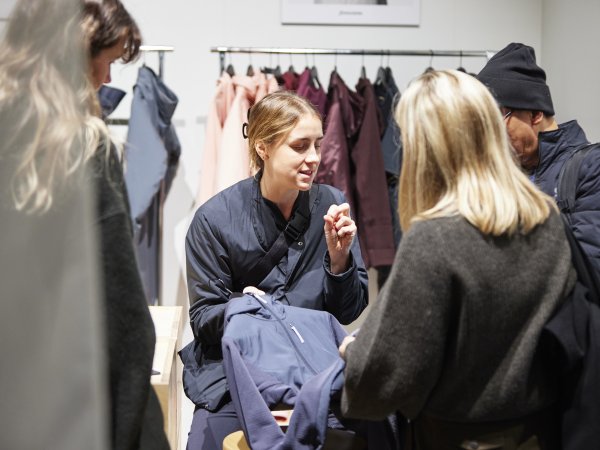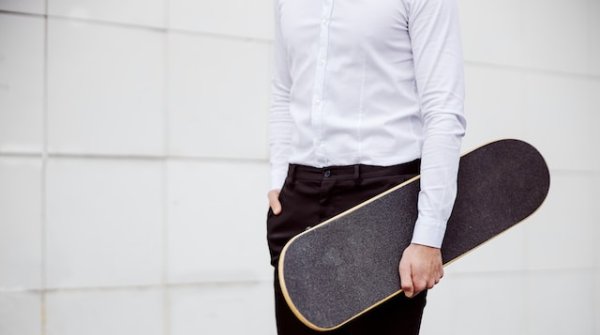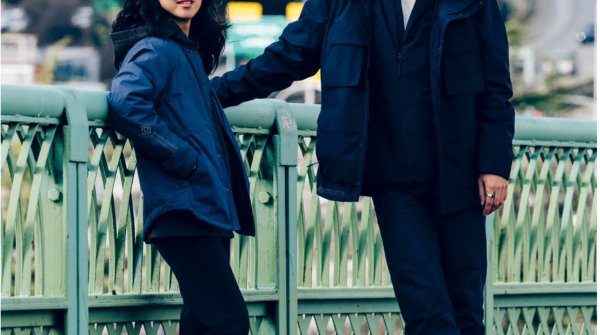Of course, there was also a lot of discussion about the future of stationary retail at ISPO Munich in 2023. In particular, the constant news about insolvencies, lack of staff, high stock levels and reluctant shoppers show that retail is in a very challenging situation. However, what is clear at ISPO Munich is that the industry is focusing on brick-and-mortar retail and sees physical stores as an integral part of the retail landscape. The role that retailers play in this depends entirely on the retail strategy of the brands and the retailers themselves.
If you only focus on transactional sales, you won't win over consumers. Maximilian Riebel from BBE Handelsberatung is convinced of this. In his presentation at ISPO Munich, he asks "How do we get people to the party?" The famous four Ps from the marketing textbook - product, price, promotion, place - have been attracting fewer and fewer people to the stores for some time now. So the big question in the face of company takeovers, insolvencies and the death of retailers in city centers is how you can still attract people to your store in 2024. As the "P's from the marketing mix" are now just "hygiene factors", Riebel suggests replacing them with new P's: Purpose, Passion, Platform and Play. These are based on a deeper sense of the company's existence, passionate employees, marketing via new channels such as TikTok and a playful involvement of customers and their families.
However, a "high-quality online presence of the brands" is also an important basis for sales on the sales floor, says retail expert Anny Cardinahl, "especially in light of the shortage of staff on the sales floor".
In her opinion, there is still room for improvement in the linking of offline and online touchpoints. Although there are good omnichannel solutions, "in the German-speaking world, I'm not yet aware of any offering that is completely seamless".
For Cardinahl, it is also clear that brands cannot simply replace retailers on a one-to-one basis. "I sometimes lack the strategy on the brand side. When I look at online stores, they are not designed with the target group in mind, but are very unspecific in their approach."
If you ask the brands, you get a very heterogeneous picture:
- Super.Natural
For the merino specialists, retailers are the backbone of their sales strategy. The online store is seen as a way of presenting the entire range, but is not the primary sales channel. - Elho
The comeback brand sees retailers as brand builders and relies primarily on DTC, partly because of the margin. - Uppervoid
The Chinese-Canadian outdoor brand has been around for two years in China and now wants to gain a foothold in Europe - with the help of distributors and a traditional retailer network. - Elastic Suite
Maddie Oelhoft from the B2B platform Elastic Suite points out another important aspect. In the B2B sector, too, it is important that processes are digitized, regardless of whether the products are sold online or offline. Brands need to have their products and content available digitally with good descriptions, videos and images. This benefits retailers, customers, distributors, agents and everyone else involved in the sales process. - Doubledeck
The snowboard brand, which offers its boards for rental rather than sale, relies on direct rental and selected retailers in its sales strategy. As a result, Doubledeck saves dealers a high level of capital commitment, the boards are not subject to any loss of value thanks to fixed rental prices and the repair and maintenance of the boards is taken care of by Doubledeck. Doubledeck for its partners.
There are many adjustments that brands and retailers can make together to satisfy consumers. Many studies, including the Deloitte Retail Study and the Consumer Insights Report Q4/2023, show that they can rely on shoppers. Consumers continue to value the physical shopping experience and advice.
Brands and retailers in the entire industry can learn from the outdoor segment here: the consumer base here has grown dramatically in recent years, partly due to the coronavirus pandemic. Nevertheless, aspects such as performance, fit and comfort remain very important for the broader target group - and therefore also the advice and tactile experience before the purchase.
Rental programs such as those offered by Doubledeck and The North Face, for example for tents, are another tool that both brands and retailers can use to win the loyalty of customers who increasingly value sustainability and conscious consumption. Repair services, taking back and reprocessing or refurbishing used products or second-hand services are also very popular with customers.
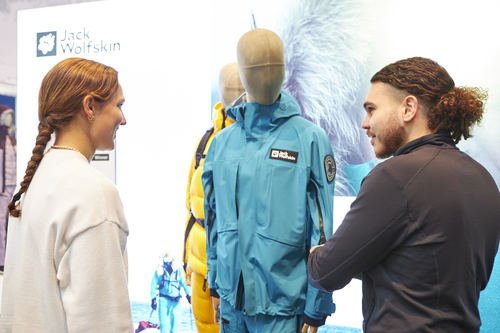
In the panel talk of ISPO 520M by Highsnobiety "Different Retail Perspectives on Outdoor", the panelists from The North Face, Zalando and This Thing of Ours agreed:
- Customers must first build trust in a brand.
- The product will remain the hero of the conversation in the future.
And - at least for the time being - it is bricks-and-mortar retail that can offer customers the expertise they need in the best possible way. Even if online retail continues to grow: Brands should keep this in mind when planning their sales strategy for the future.
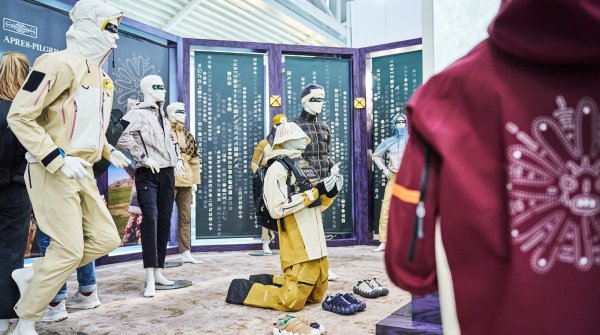 Sports BusinessSustainable ideas for store design
Sports BusinessSustainable ideas for store design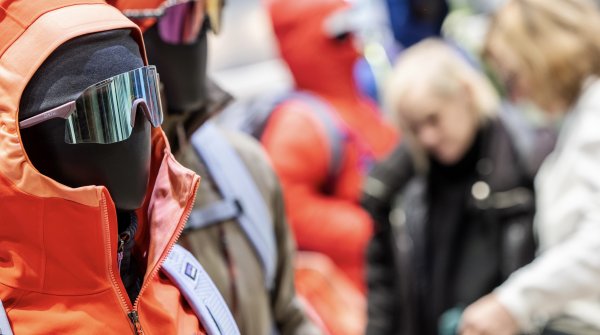 Sports BusinessSports retail in transition: the future playbook for 2025
Sports BusinessSports retail in transition: the future playbook for 2025
- ISPO awards
- Mountain sports
- Bike
- Design
- Retail
- Fitness
- Health
- ISPO Job Market
- ISPO Munich
- ISPO Shanghai
- Running
- Brands
- Sustainability
- Olympia
- OutDoor
- Promotion
- Sports Business
- ISPO Textrends
- Triathlon
- Water sports
- Winter sports
- eSports
- SportsTech
- OutDoor by ISPO
- Heroes
- Transformation
- Sport Fashion
- Urban Culture
- Challenges of a CEO
- Trade fairs
- Sports
- Find the Balance
- Product reviews
- Newsletter Exclusive Area
- Magazine
